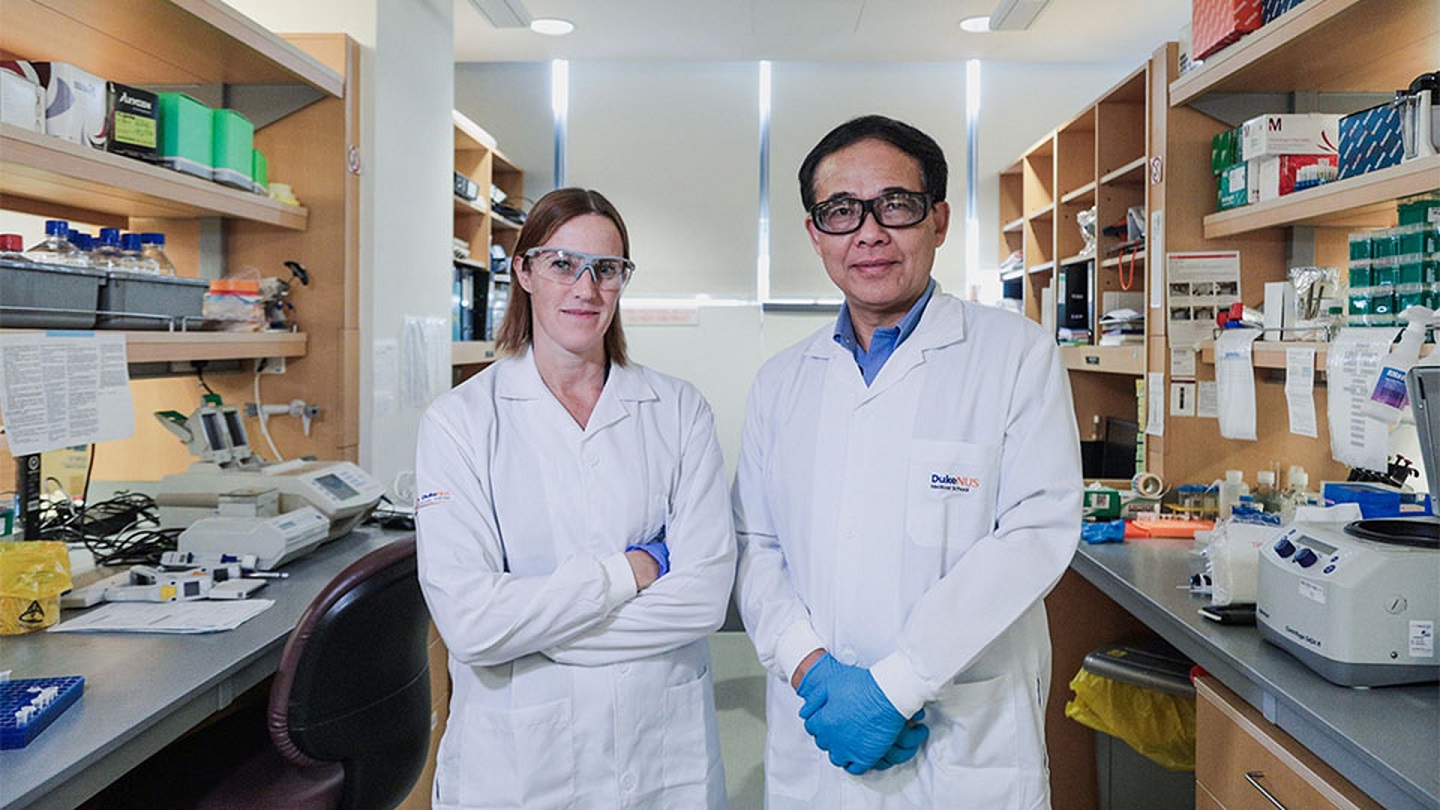
Photo Credit: Duke-NUS ABSL3 Lab, Singapore
Nearly a year since the world first learned of the novel coronavirus disease 2019, COVID-19, many questions remain about SARS-CoV-2, the virus behind this pandemic: Where did it come from, how did it spread so widely and rapidly, and how can we stop similar outbreaks in the future?
Today, EcoHealth Alliance, a global nonprofit working at the intersection of animal, environmental and human health, announced the establishment of an international taskforce to investigate these questions as part of The Lancet COVID-19 Commission. Dr Danielle Anderson, scientific director of Duke-NUS Medical School’s Animal Biosafety Level 3 (ABSL3) research facility in Singapore, is among the taskforce’s 12 members, who hail from a diverse set of scientific disciplines and backgrounds, with expertise in One Health, outbreak investigation, virology, lab biosecurity and disease ecology.
“This is an important investigation not only to understand the origin of the COVID-19 pandemic, but to ensure history does not repeat,” said Dr Anderson, who is also an assistant professor in Duke-NUS’ Emerging Infectious Diseases Programme and a virologist who has worked in highbiosecurity containment labs worldwide. Dr Anderson played a key role in the early isolation of the SARS-CoV-2 virus (making Singapore the third country in the world to do so) with subsequent serological test development. She will be representing Duke-NUS and Singapore on this taskforce.
The Duke-NUS ABSL3 facility and its expert scientific staff have been central in the response to COVID-19 in Singapore. The taskforce is led by Dr Peter Daszak, president of EcoHealth Alliance, and chaired by Dr Jeffrey D. Sachs, professor and director of the Center for Sustainable Development at Columbia University.
In its investigation, the taskforce will recreate a complete timeline of the outbreak of COVID-19, starting from the discovery of RaTG13—the closest known viral relative of SARS-CoV-2—in 2013 and up to the WHO’s declaration of COVID-19 as a Public Health Emergency of International Concern on 30 January, 2020. They will analyse the available evidence for each of the hypotheses put forward on the origins of COVID-19, and compare its early spread and outbreak control to previous outbreaks to identify strategies that might assist future pandemic prevention.
More information on The Lancet COVID-19 Commission and this taskforce can be found here.
Image Caption: Dr Danielle Anderson, Scientific director ABSL3 Lab, Duke-NUS (left) with Prof Wang, Director of the Programme in Emerging Infectious Diseases at Duke-NUS (right)




